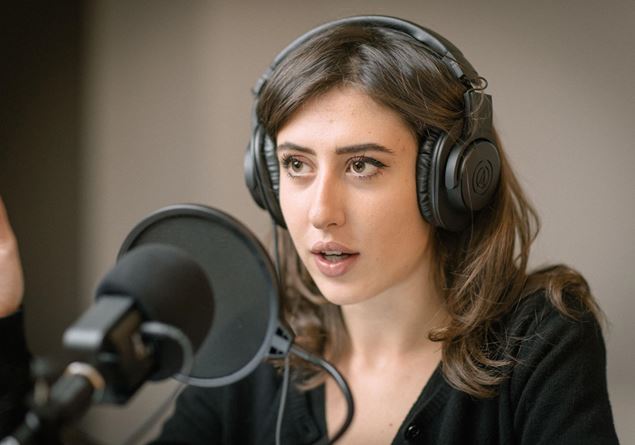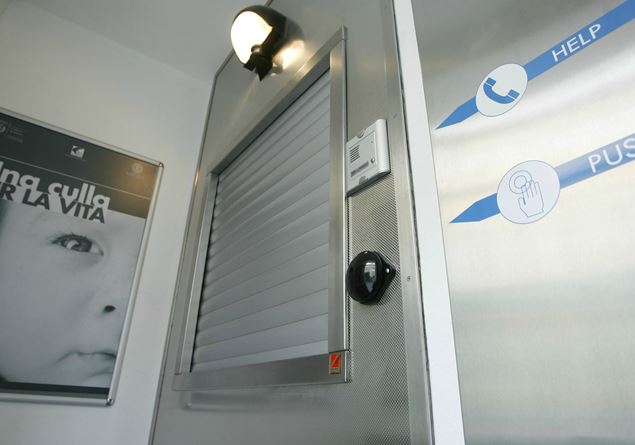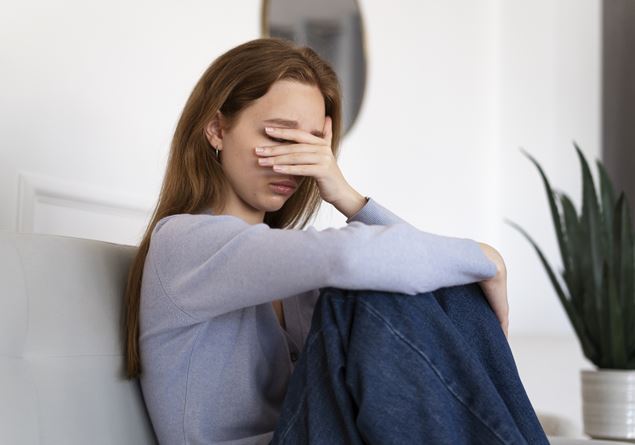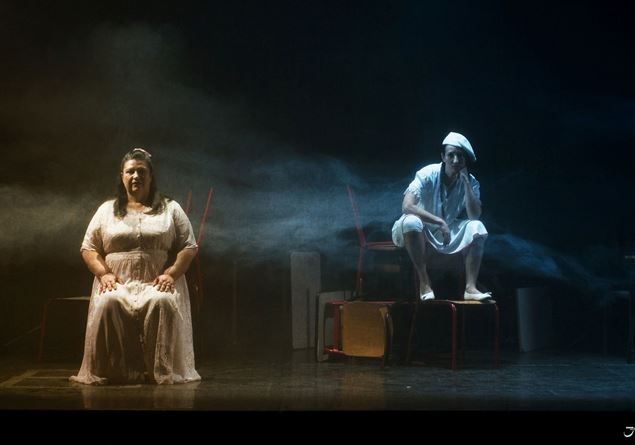
Giulia Lazzarini, 90 years old, who lived in the Gorla neighborhood at the time of the bombing
On the occasion of theeightieth anniversary of the massacre in the Francesco Crispi School in Milan, Gorla stop Gorla opens at the Piccolo Teatro Studio Melato from 15 to 20 October Outside Niguarda, the review of the productions of the Teatro della Cooperativa hosted on other stages in the city. Written and directed by Renato Sarti, it is entrusted to an exceptional performer, Giulia Lazzarini, and to Federica Fabiani and Marta Marangoni.
On the morning of 20 October 1944, Air Force planes, after having carried out a mission in the northern area of Milan, dropped some of the remaining bombs on the city. One of these, by a tragic coincidence, broke through the roof of the Gorla school, entered the stairwell and exploded in the cellar, where the children had taken refuge, killing 184 of them and also causing the death of 14 teachers, the headmistress, 4 janitors and a health assistant. The bombing also hit some buildings in the area. That day, 614 victims were pulled from the rubble, as well as hundreds of injured. It was one of the most terrible episodes of the entire Second World War, but it risks fading from the city’s memory: today, for most, Gorla is just a metro stop.
The playwright and director Renato Sarti recalled, with theatrical language, that tragic event, basing his work on publications, military documents, books, articles and, above all, on the testimonies of survivors. Federica Fabiani and Marta Marangoni give voice to the children who lost their lives that day, while Giulia Lazzarini, who at the time lived right near the Gorla neighborhood and remembers those dramatic moments perfectly, brings to life the testimony of survivors.
In dramatic situations like these, in which the winds of war blow strongly, Gorla stop Gorla is an indispensable, necessary text, because it reminds everyone of the horror of war and reiterates the importance of peace as a primary good.
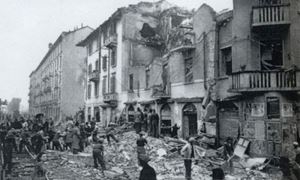
Also in Milan, another show commemorates that tragic episode: the reading REBORN FROM THE RUBBLE_80 years since the Gorla massacre, born as part of a large project to involve and activate citizens
The reading, with Massimo de Vita, Daniela Airoldi Bianchi, Pietro Versari and Antonello Garofalo, the original dramaturgy by Nalini Vidoolah Mootoosamy and the direction of Massimo de Vita, thanks to an extensive work of collecting testimonies and interviews, in addition to recounting the facts and experiences of those who saw that tragedy, it also tells of the strength of mind that was needed to move forward: those resources necessary to process a loss that affected the people first and foremost and, inevitably, the entire community. The reading questions ourselves about today’s civil memory, about the helpless silence of the dead, but also about the dark evil of the world. What remains today of that immense and total pain? For those born and raised in Gorla it remains a dull wound, which returns silent and stubborn every October 20th; the survivors who have lived with the memory of loved ones who disappeared under the bombs are left with the processing of a mourning that has changed hundreds of family stories forever. AND for today’s new generations what does that Monument in Piazza Piccoli Martiri mean?
The original dramaturgy signed by the Italian-Mauritanian playwright Nalini Vidoolah Mootoosamy (finalist for the 2024 Riccione Prize), reworks the audio material of many interviews carried out in the Gorla district, intertwining it with the video testimonies of the survivors. In this way, the reading becomes an expression of that link between the historical dimension, which is recalled through films and testimonies, and the present, questioning how much is still alive in this memory. The reading thus brings to the stage a dialogue between that dramatic 20 October 1944 and today, through the voices of the historic inhabitants, the new citizens of the Gorla district or those who simply pass in front of the Monument to the Little Martyrs of Gorla: the entire varied and multi-ethnic world that frequents the Naviglio Martesana, from runners to Latino youth gangs to foreign tourists attracted by the neighboring Nolo district. The interviews carried out on the street and which were reworked for the script, tell the thoughts of those who live in the Gorla neighborhood and of those who know little or nothing about that tragic morning 80 years ago. The show becomes even more touching, also due to the places in which it is staged: the theater hall of the Teatro Officina, a few hundred meters from the site of the massacre, inside the public housing complex of the Crespi Morbio Foundation, also bombed on that tragic morning, and in which 9 tenants died (including 5 children), and the Monument of the Little Martyrs where the bombed school stood.
The show is on stage on 18 and 19 October at 9.00 pm, in the Teatro Officina hall, and on Sunday 20 October at 6.00 pm at the Monument to the Little Martyrs of Gorla


